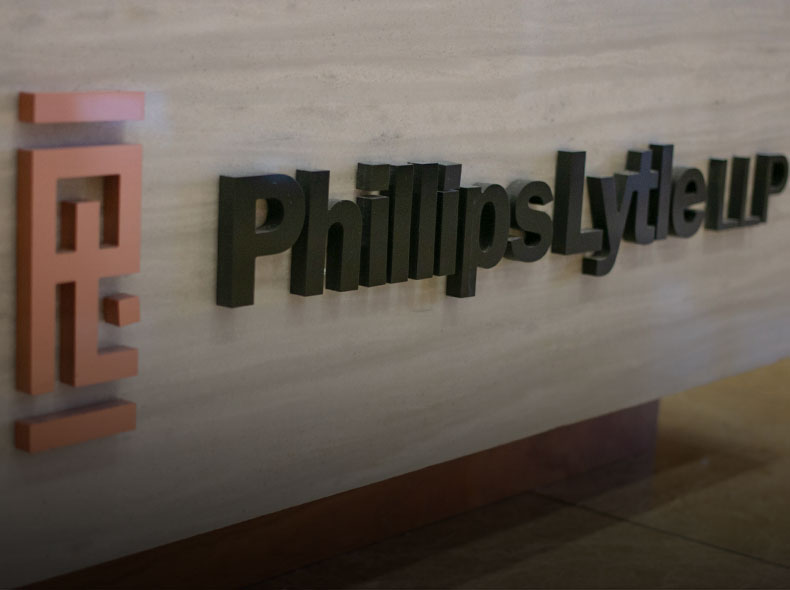
While the COVID-19 pandemic has certainly been difficult for all of us, this client alert addresses the effect of recent New York State Executive Orders, which required, among other things, “non-essential” businesses to keep their workforces at home. With the prospect of reopening on the horizon, it may be worthwhile to consider the consequences of non-compliance (or perceived non-compliance) with these and potential future Executive Orders.1
Executive Order 202.6, as amended, divides business entities into two categories—essential and non-essential. “Non-essential” businesses are required to cut their in-person workforces to zero; however, the mandate is not applicable to any entity providing essential services or functions to any business—essential or non-essential alike. An entity providing essential services to non-essential businesses would therefore be exempt. The Empire State Development Corporation (ESDC) published an extensive list of essential functions (discussed here).
If a business does not comply with the stay-at-home requirement for non-essential employees, Executive Order 202.8 provides that any violation is punishable under Public Health Law Section 12, which imposes a civil penalty not to exceed $2,000 per violation. The civil penalty may be increased to $5,000 if the same violation occurs within the next 12 months. Additionally, Public Health Law Section 12 requires that the New York State Attorney General (AG), upon request of the New York State Commissioner of Health, bring a legal action for an injunction against any violating business. The AG may also take the position that it is further empowered under New York Executive Law § 63 (12) to issue subpoenas to investigate a variety of alleged illegalities within a business. As such, violators run the risk of being shut down via injunction, as well as attracting extensive, unwanted attention from the AG.
Executive Order 202.14, issued April 7, 2020, authorized local law enforcement and the Commissioner of Health to enforce earlier COVID-19 Executive Orders under Public Health Law Section 12-B (in addition to Section 12). Section 12-B provides that a willful violation of an underlying, lawful regulation may be punished by imprisonment up to one year, a fine up to $2,000, or both. Undoubtedly, the State and local authorities will take the position that past and future Executive Orders are lawful regulations (although this may be subject to legal challenge). This enforcement mechanism also applies to subsequent Executive Orders, including Executive Order 202.16, which requires that any essential entity’s employees wear face coverings when in contact with customers or members of the public, and that such face coverings be provided by the business, at its own expense.
Given the potential repercussions of violating the recent, and no doubt forthcoming, additional Executive Orders, it is advisable that you take all reasonable measures to ensure compliance.
Additional Assistance
If you have questions, please contact John G. Schmidt Jr. or G. Michael Seaman; a member of the White Collar Criminal Defense & Government Investigations Practice Team or the Coronavirus (COVID-19) Response Team; or the Phillips Lytle attorney with whom you have a relationship.
Receive firm communications, legal news and industry alerts delivered to your inbox.
Subscribe Now